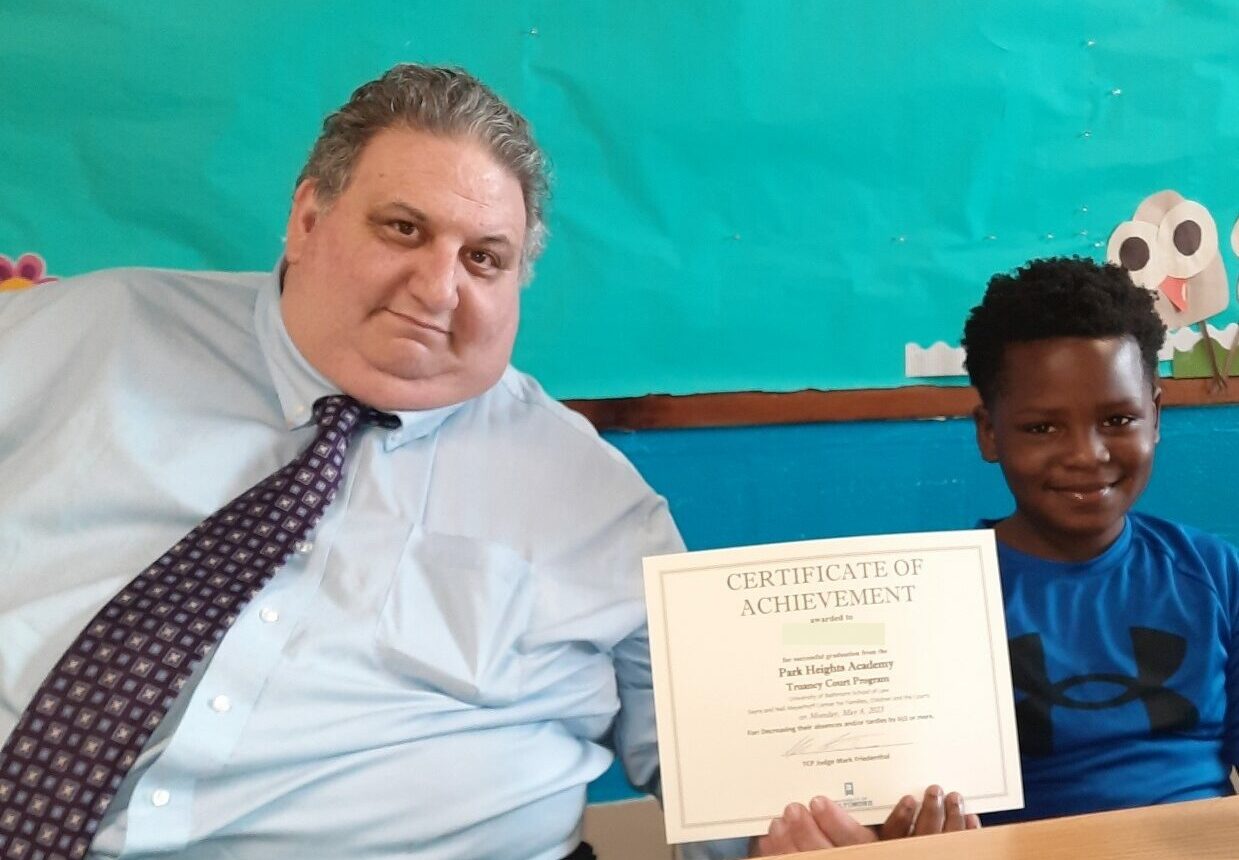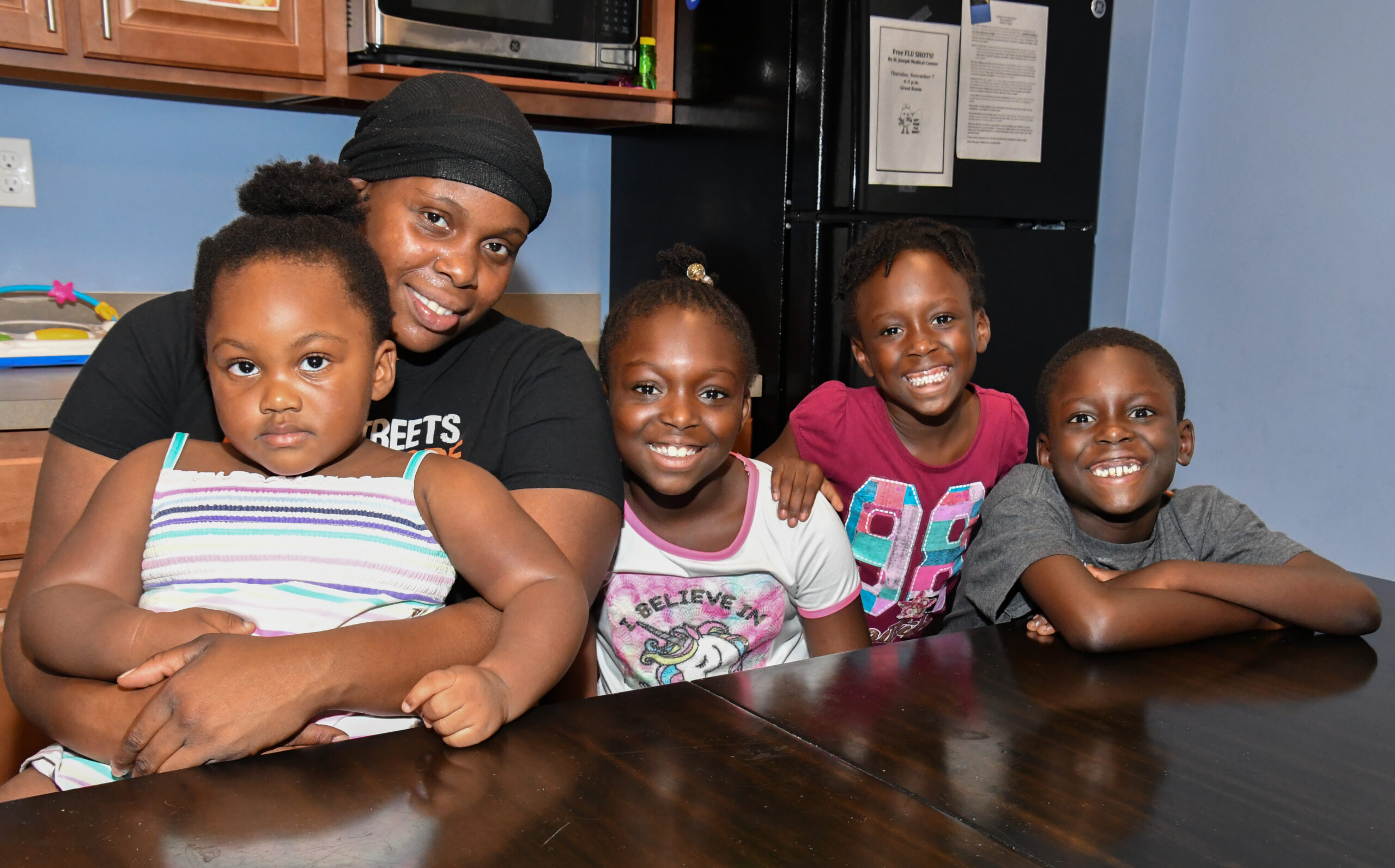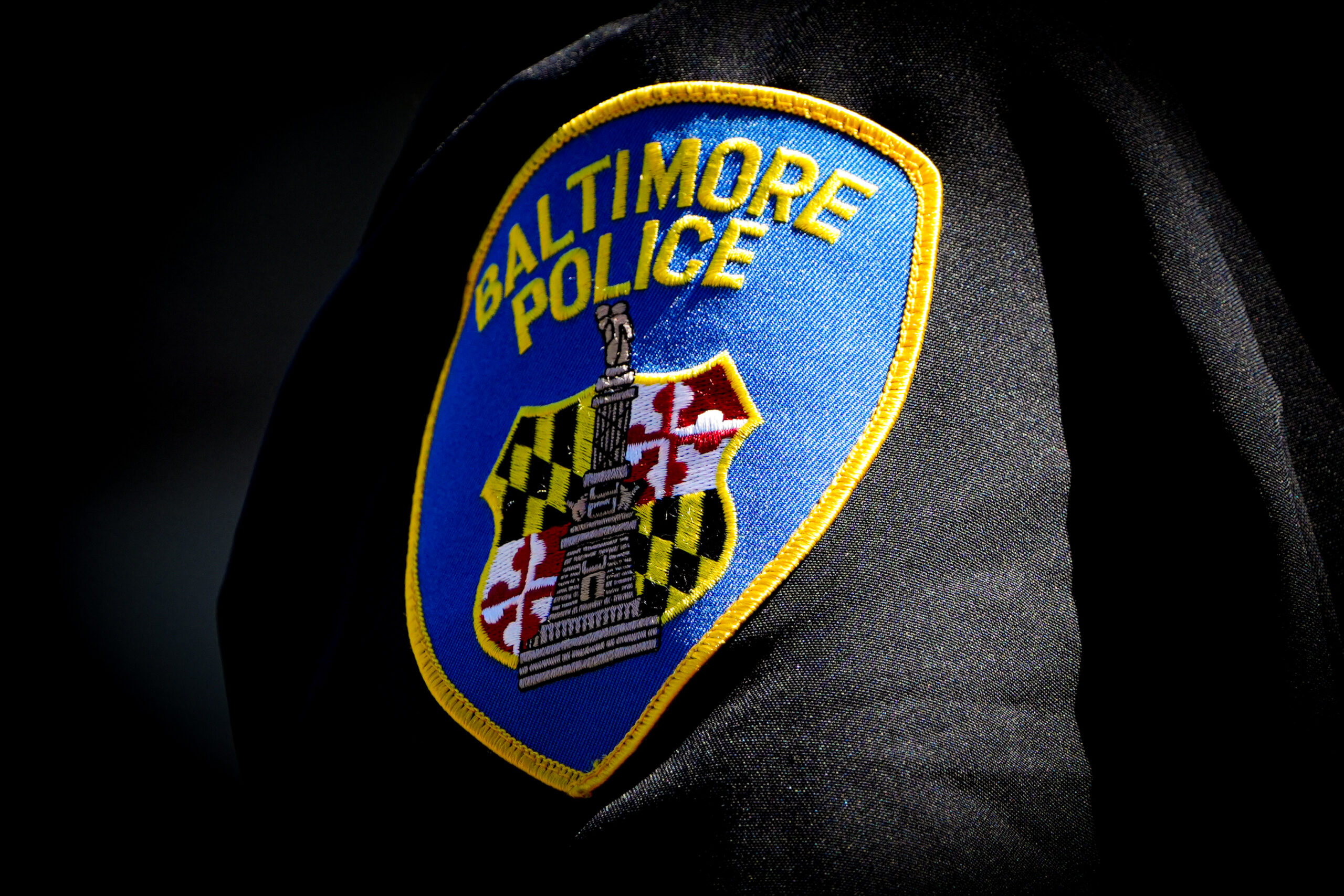People with criminal records and people who use drugs face similar but distinct challenges related to punitive policies and stigma. We work to enhance public safety and public health and find better ways to serve these populations. We are interested in programs and policies that reduce violence in our communities and improve the continuum of care for people who use drugs. We work to increase the impact and effectiveness of violence reduction programs and harm reduction services through research and support of innovative service models.
We support programs and initiatives that:


While Baltimore City has made considerable progress in addressing violent crime, youth violence remains a pressing concern. Three Abell Foundation grantees —National Institute for Criminal Justice Reform; Roca, in partnership with Treyway Multi Treatment Services; and the Tackling Chronic Absenteeism Project—are working to provide research, comprehensive wraparound services, and cognitive behavior therapy skills to decrease the number of youth experiencing violence, allowing them to thrive in school and beyond.


Founded over 40 years ago, Marian House provides housing, meals, and support services to women experiencing homelessness, incarceration, substance use disorder, domestic violence, and more. Marian House’s programs aim to improve self-esteem and overall mental health, establish sobriety, and teach skills that support emotional and economic independence.


In 2017, the U.S. Department of Justice issued a consent decree for the Baltimore Police Department, mandating wide-ranging reforms. In a pair of companion reports, researchers from the University of Maryland examine the current state of community-police relations and how certain initiatives could help to improve them.
Have questions or want to discuss your idea for criminal justice & addiction in Baltimore? Get in touch using the form below.
Photo courtesy of Wide Angle Media for Charm City Care Connection.
Additional images licensed from Shutterstock.